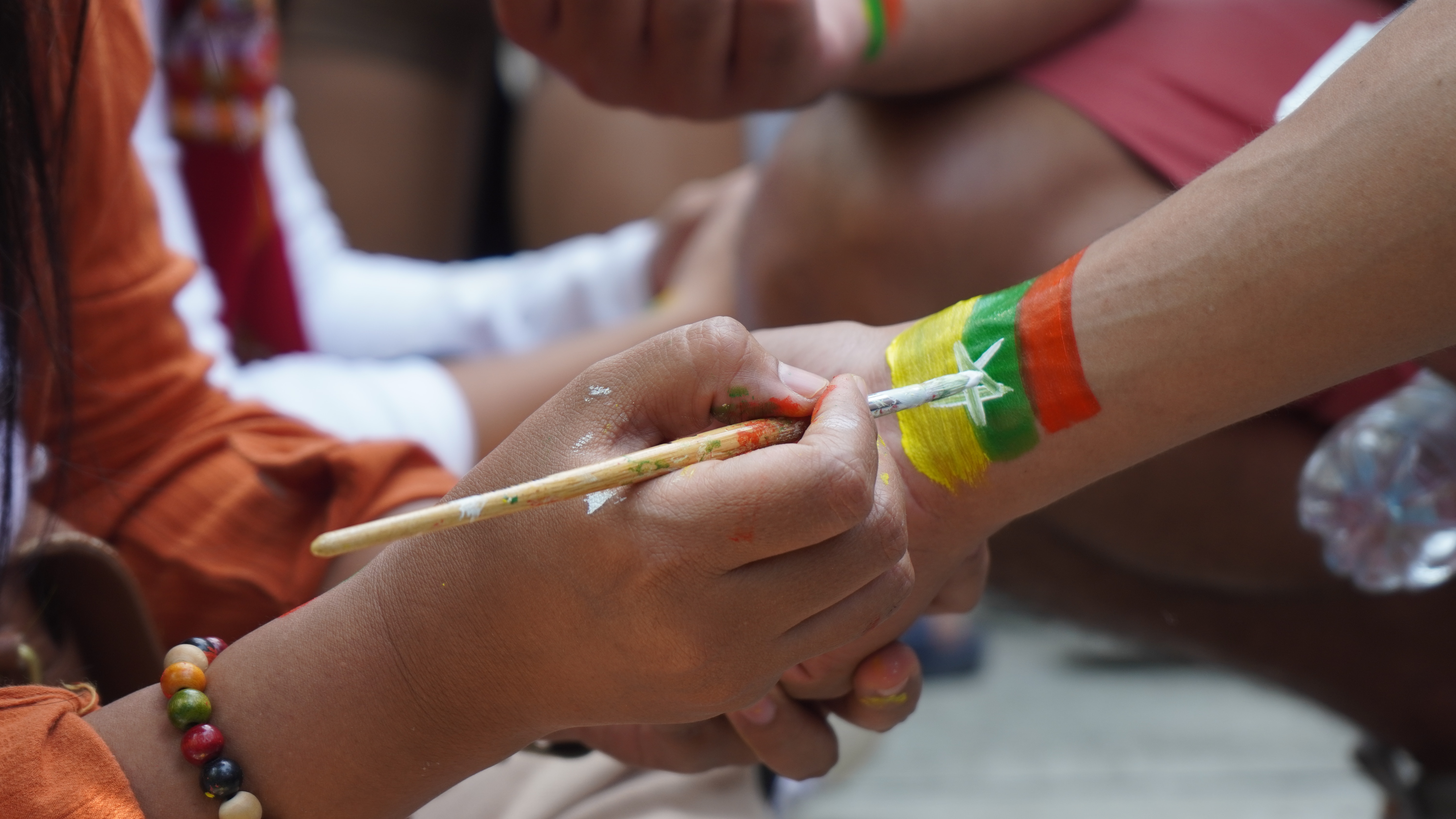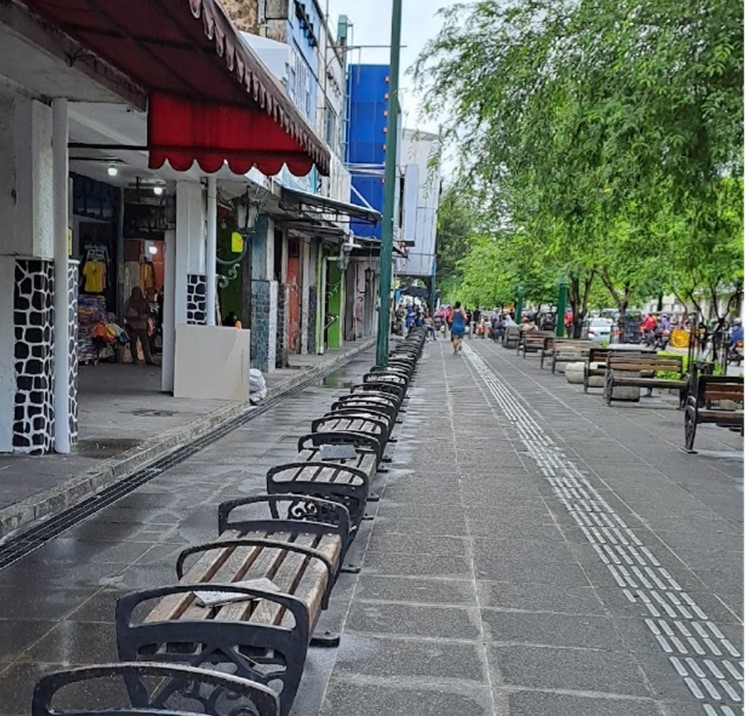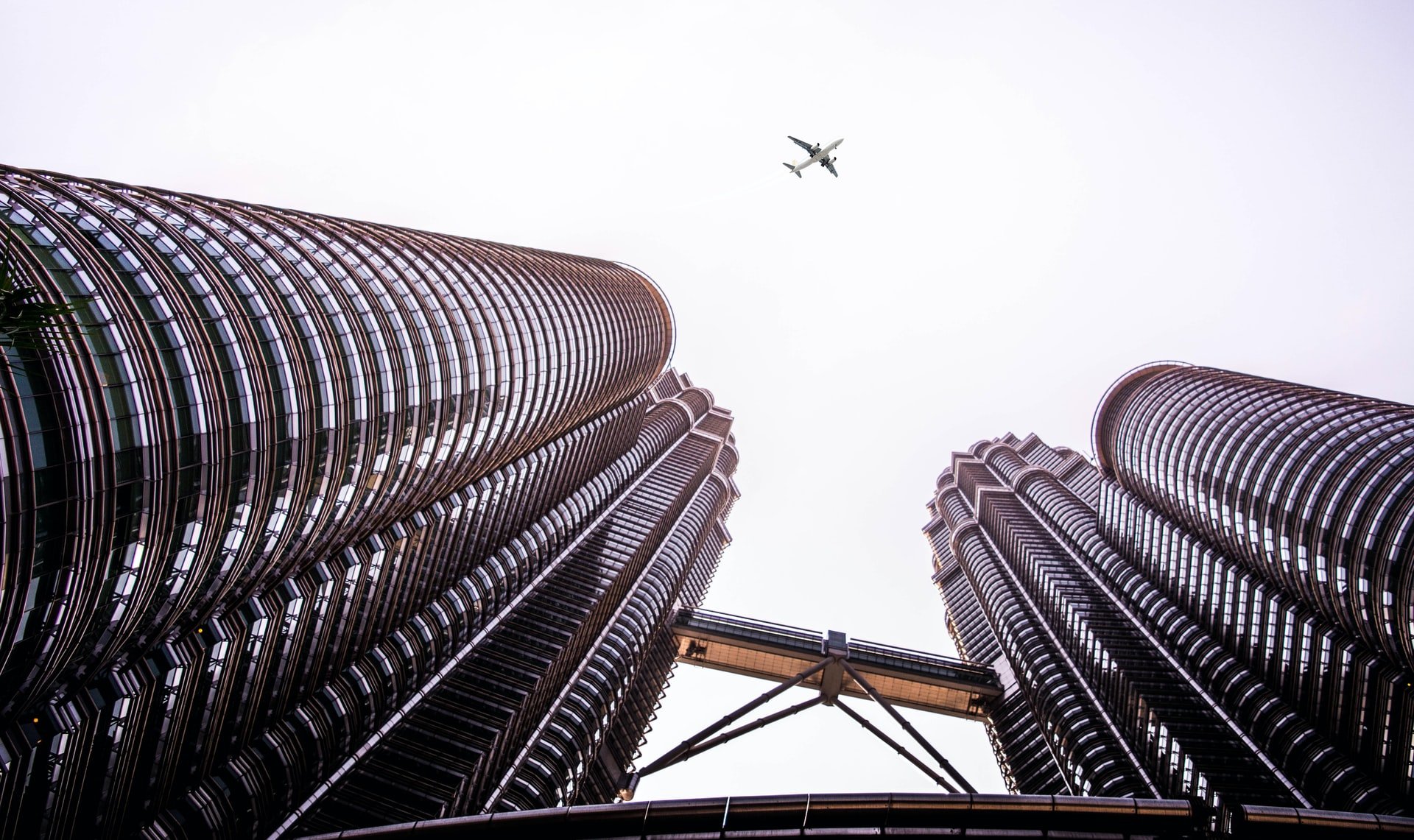The comedy show Sapa Joke represents a striking example of how Thai political humour has transformed in terms of content, platform, and purpose following the 2014 coup d’état. This demonstrates how regime change alters not only political structures, but also has implications for the wider culture of society, writes Wichuta Teeratanabodee
_______________________________________________
The 2014 coup d’état was a significant event in contemporary Thai politics. Beyond the political changes, the coup has also left a legacy on Thai culture – with Thai political humour being a notable example. This blog post compares and contrasts political humour in the pre- and post-2014 coup period to demonstrate how regime change had led to changes in the dominant type of political humour in Thailand, with an example of the comedy show, Sapa Joke (“the Joke Parliament,” in Thai). Under authoritarian rule and media repression since 2014, Sapa Joke transformed in terms of content, platform, and purpose.
What happened in Thailand in 2014?
In May 2014, the army seized power from then Prime Minister Yingluck Shinawatra after the prolonged Red-Yellow Shirts conflict. After launching the coup d’état, the military, led by then Army Chief Prayuth Chan-ocha, took over the government. Insisting that reforms were needed before an election could take place, the junta subsequently established the National Council for Peace and Order (NCPO) to rule the country. It also introduced an interim constitution to be used during the reformation period.
The interim constitution came with the controversial Article 44, giving the NCPO chief, Prayuth, the power to exercise “any order deemed necessary to ‘strengthen public unity and disharmony.’” With this law, the coup-installed government not only had the right to define, assess, and decide what actions are harmful to public unity and disharmony, but also the power to give any order deemed necessary to tackle “national threats”.
The media industry was one of the main targets of this “building and ensuring national harmony” project. Ferrara (2015: 290) noted that the junta imposed censorship campaigns on pro-Thaksin media. This “systematic repression and marginalisation of Red Shirt media” led to the termination of most Red Shirts-associated media by January 2016 (Sinpeng & Hemtanon 2019: 266). Furthermore, independent journalists and academics critical of the regime were targeted – figures including journalist Jom Petchpradab and political scientist Pavin Chachavalpongpun were forced to seek asylum abroad.
While the interim constitution was repealed in 2017, the new constitution led to an allegedly rigged election in 2019, resulting in another term of Prayuth’s government. Consequently, suppression of free speech continued as the established power resumed their place in Cabinet, showing no sign of hesitation “to remove material that might represent a threat to its stability” (Sinpeng & Hemtanon 2019: 270).
Beyond this structural change, the coup-installed regime and its attempt to suppress media also paved several changes in Thai culture, including political humour. A notable example is the comedy show Sapa Joke – a noteworthy piece of entertainment in the Thai political scene throughout the early 2000s.
The Pre-2014 Coup Sapa Joke and Political Humour
People who were old enough during the 2000s might remember a late-night comedy show Sapa Joke. It was later renamed to Sapa Samannachan (the Harmonious Parliament), Sapa Klaikread (the Destressing Parliament), and Sapa Aromdee (the Happy Parliament), respectively. Aired from 2002 to 2014, the show was set in a mock Parliament, with leading and opposition parties having parliamentary discussions.
The content
All of the cast in Sapa Joke had similar facial features to politicians in the parliament at the time, including but not limited to former Prime Ministers, Thaksin Shinawatra and Abhisit Vejjajiva, former Prime Minister (PM) and current President of the National Assembly, Chuan Leekpai, and former Member of the Parliament (MP), Newin Chidchob.
Through simulated debates, the actors made fun of the activities and chaos in parliament, such as when the President of the Assembly turned off an MP’s microphone or when the opposition party launched a parliamentary protest. Apart from events, the actors also mocked individual politicians’ personalities or their catchphrases. Furthermore, wordplay was often used. For example, the Joke Parliament used the phrase Fai Kaen, which translates roughly to ‘the grudge-bearing party’ in Thai, instead of Fai Kan, which means the opposition party. These characteristics made the show popular to broad audiences in the pre-coup period.
The platform
As mentioned, the show was aired on television from 2002. Being aired on TV indicates that the cast was carefully chosen, and scripts prepared in advance. This aligns with the purpose of the show, to be discussed later, in making politics more accessible for Thais. From 2008, Sapa Joke was broadcasted by The National Broadcasting Services of Thailand (NBT). As NBT is in effect controlled by the government, it indicates that the pre-coup government had a degree of comfort with a comedy mocking itself and politicians broadcasted nationwide. In other words, Sapa Joke was merely seen as entertainment instead of a threat to the regime’s stability, or any politician’s legitimacy.
The purpose
Many funny scenes were not created just for laughs. Sapa Joke producers mentioned that the show’s main objective was to make politics and parliamentary agendas more accessible to Thais through a form of entertainment. Thus, the debate topics were simplified and presented satirically by characters similar to the real politicians to attract audiences.
However, this famous show was terminated in 2014 – the year of the coup. While no official reason was provided, there is reason to think that it is linked to the new regime and its media repression operation. The junta likely perceived this show as a threat to its legitimacy and stability. As years go by, it has become almost unthinkable to see such shows broadcasted nationwide. This is not to say that political satires, such as those mocking politicians, have disappeared from Thailand altogether. Instead, they have transformed in several ways following the changing contexts.
The Post-2014 Coup Sapa Joke
In the post-2014 coup period, a new version of the show reappeared on the country’s political scene. The new Sapa Joke is significantly shaped by the post-coup political context, especially restrictions on freedom of expression, and has become distinct from the previous version in terms of the platform, content, and purpose.
The platform
The show Sapa Joke moved from traditional media like television to an online platform. In general, social media has become an increasingly important political communication channel in Thailand in the past decade. Being more difficult to monitor and control, it offers a convenient platform for staging views or opinions that are prohibited under the current regime. Thus, mocking politicians, an activity perceived as a threat to the government’s legitimacy, has also taken place more on social media in the post-coup period.
In 2021, Sapa Joke was (re)introduced on the app Clubhouse by a group of anonymous pro-democracy demonstrators who have been under the spotlight in Thai political affairs since early 2020. They brought Sapa Joke back as part of their protest campaign to challenge the regime’s attempts to control media and the press. Under the broad umbrella of calling for democracy, their message was to normalise criticism towards the government and challenge the unaccountability of certain politicians. Consequently, this group of people rely on online platforms that are less controlled by the state. Participation is also open to the public.
The content
Organisers of the show tried to maintain its most prominent feature – mocking politicians. In Clubhouse’s Sapa Joke, participants have imitated, for example, President of the National Assembly Chuan Leekpai, leader of the now-dissolved Future Forward Party Thanathorn Juangroongruangkit, former MP Pareena Kraikupt, and Deputy PM Prawit Wongsuwan. As Clubhouse is an audio-based app, it is no longer necessary for actors to look similar to particular politicians. Instead, participants would change their profile pictures to those of politicians they represent and focus on mocking those figures’ voices, personalities, and catchphrases.
However, some aspects of the content have changed. While the earlier version had a more coordinated script as it was aired on national television, the new Sapa Joke is more spontaneous, flexible, and full of impromptu jokes. That is because it is real-time, and participation is open to the public. Consequently, in addition to politicians, participants also imitated other public figures, such as comedian Thidaporn “Noo-rat” Chaokoowiang and journalist Suthichai Yoon. More interestingly, actual politicians have also joined in the sessions, including the former leader of the Phue Thai Party, Sudarat Keyuraphan. With diverse profiles of people joining and scripts unplanned, the content does not always necessarily reflect actual debates from the parliament like the previous Sapa Joke.
For example, during Clubhouse’s Sapa Joke in February 2021, the real Sudarat Keyuraphan popped up and jokingly protested against her character because the profile photo was “not beautiful.”
The purpose
Finally, following the platform and content, Sapa Joke has also changed in purpose. Seeing from the characteristics of the current show, that participants are already familiar with the country’s main political agendas and figures. Thus, the 2021 Sapa Joke no longer serves as a tool to make Thai politics more accessible and understandable. Instead, it has become the space for staging political views critical of the regime.
Since early 2020, Thailand has witnessed political turmoil and a growing mass of protestors calling for democracy. The majority of those demonstrators are students and youth, who often rely on social media to run political campaigns against the junta. Consequently, Clubhouse’s Sapa Joke has now become part of their broader political campaign to delegitimise the authoritarian regime and call for an end to the suppression of free speech.
New Wine in Old Bottles?
Despite the same title, the show Sapa Joke transformed due to the changing political context in Thailand. While acceptable in the pre-2014 period, poking fun at politicians is seen as undermining the authority’s legitimacy and obstructing them from controlling the public under Thailand’s authoritarian regime. In other words, the old Sapa Joke lost its enabling context – a state that allowed freedom of expression and did not regard humour as a threat.
As the context changes, the show subsequently changes. Media suppression takes place strictly on traditional platforms like television, which coincided with the growing use of social media – the platform that is more challenging for state’s control. The show was therefore shifted to an online platform. Furthermore, as the show is currently online with open participation, the content of the post-coup Sapa Joke has become more spontaneous. Finally, while the old Sapa Joke was meant to help people understand politics better, the new version serves rather as a space for those already active in political affairs. Importantly, with growing grudges against the Prayuth government, especially among young people, the new Sapa Joke is also used as a symbolic tool to delegitimise the regime and call for freedom of expression and democracy.
People who only recognise the post-2014 Sapa Joke would be surprised watching the footage of the original show because that type of humour would never be allowed on national TV under the current regime. Sapa Joke is a striking instance showing how regime change has effects beyond political structure. It has vastly influenced aspects of Thai culture that rest upon a particular political context during a certain period.
References
Federico Ferrara. 2015. The Political Development of Modern Thailand, UK: Cambridge University Press.
Aim Sinpeng and Wimonsiri Hemtanon. 2019. ‘Change and Continuity in the Politics of the Media after the Coup’, pp. 254-281 in Michael J Montesano, Terence Chong and Shu Xun Mark Heng, ed., After the Coup Singapore: ISEAS Publishing.
______________________________________________
*Banner photo credit to Sodacan under creative commons licence.
*The views expressed in the blog are those of the authors alone. They do not reflect the position of the Saw Swee Hock Southeast Asia Centre, nor that of the London School of Economics and Political Science.





